Diverse and Interdisciplinary Curriculum

The Graduate School of Global Studies (GSGS) consists of three clusters (American Studies, Contemporary Asian Studies, Global Society Studies), but aside from a few required elective courses, students can design their own curriculum in free and cross-disciplinary ways. Required elective courses such as “Introduction to Global Studies” and “Theories and Methods” familiarize students with a wide range of contemporary issues from global perspectives, while offering foundational knowledge and methodologies for research. GSGS also offers many elective courses that cover diverse areas, issues, and disciplines, encouraging students to design their course of study through the detailed guidance of the faculty. We conduct about half of the courses in English, which is another distinguished characteristic of our curriculum.
Simple Two-Layer Structure of Required Courses and Elective Courses
In order to fulfill the requirements for completing the Master’s Degree Program, students who intend to submit a Master’s Thesis are required to complete 14 credits from the required courses and 16 credits from the elective courses (a minimum of 30 credits in total). In cases where students choose a Seminar Paper instead of a Master’s Thesis, they are required to complete a minimum of 24 credits in total from the elective courses.
Search for Course Syllabi
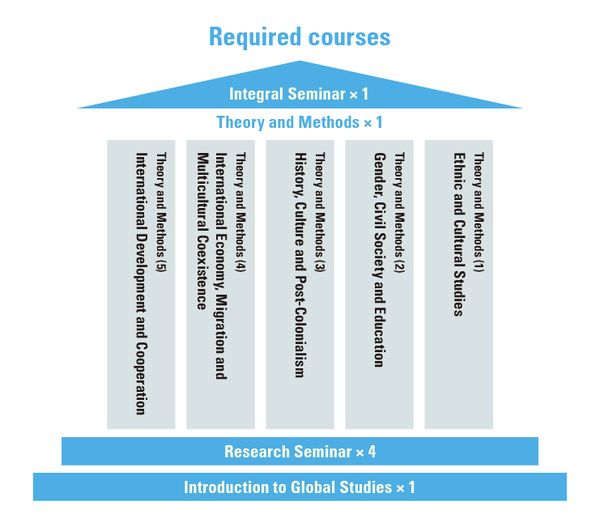
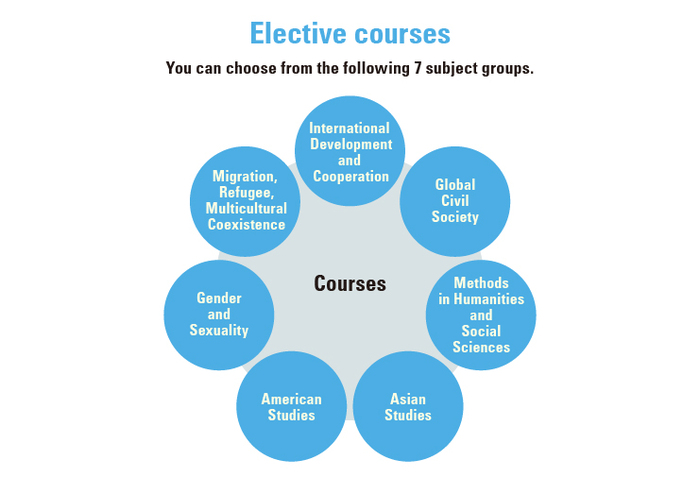
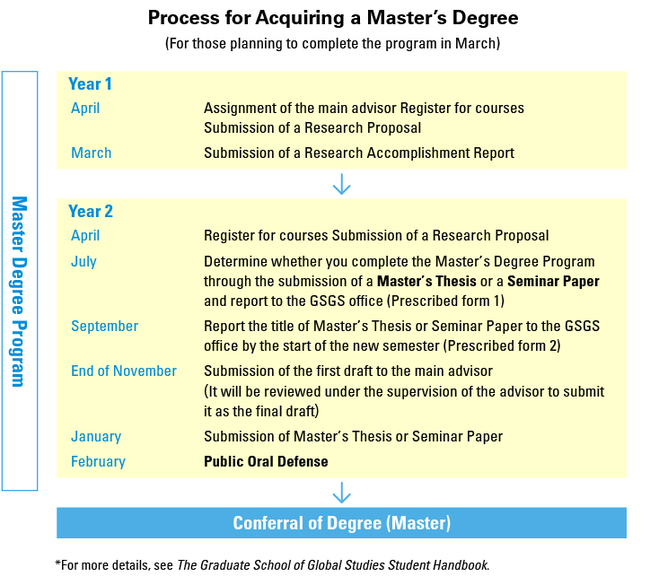
7 Subject Groups
Courses A) American Studies

The United States has been a key player in the global society for more than a century, and has a complex and extensive relationship with Japan politically, economically and culturally. The American Studies courses offer a global perspective, with faculty members whose specialization range from history, anthropology, religion and culture to political theory, African Diaspora studies, peace studies, gender and queer studies and media studies. Their detailed instructions and lectures deepen students’ understanding of the history, culture and thought that have shaped America, as well as of various forms of transnational exchange.
Courses B) Asian Studies

In Asia, framework of a nation is not self-evident: throughout the times of imperialism, colonialism and Cold War, a power greater than a national framework has caused many divisions and violence. At the same time, trade and human exchange have continued since ancient times and thoughts and cultures have also transcended the borders. While Asian Studies start from focusing on a certain region or country and exploring its history, culture and current issues, the important point is that people have always gathered and developed new relationships here and there even in the midst of friction and conflict. The crucial part of Asian Studies is to observe how such gatherings occur.
Courses C) Gender and Sexuality

Gender and sexuality not only play a central role in an individual’s identity development, but are also important when considering collective aspects such as community and activism. Social relations and cultural experiences embedded in everyday life can be analyzed from a different viewpoint when the concepts of gender and sexuality are at the basis. Addressing various themes including politics, thought, education, peace movement, labor and visual representation based on feminism and queer theory, these courses discuss the issue of gender and sexuality from a complex and global viewpoint through interdisciplinary and cross-sectional research and education.
Courses D) Migration, Refugees, Multicultural Coexistence
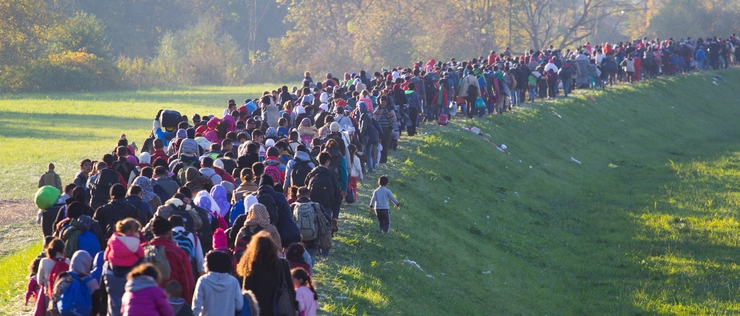
There are currently as many as 65 million refugees across the world, running from the continuing civil wars in Middle East and African countries including Syria, Libya, Yemen and Somalia and also Rohingya people fleeing from Myanmar. The number of refugees caused by conflicts and state collapse in various parts of the world has reached an unprecedented level. On the other hand, European countries and the United States, which are at the receiving end, are seeing the rise of populists claiming “they are illegal immigrants, not refugees” and discrimination and exclusion being talked about publicly. However, as people inevitably move beyond national borders and globalization progresses, it is impossible to exclude the foreign and create a homogeneous society. Then, how can we achieve coexistence? Facing this question is the fundamental task in the globalizing society.
Courses E) Global Civil Society
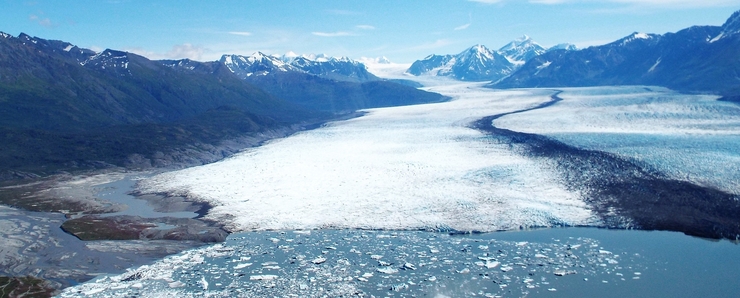
Rather than an area-specific approach, this group of courses focuses on civil society in which women, the poor, farmers, minorities or anti-nuclear activists start a movement to assert their rights or protect their positions. In other words, students learn about social movements in the era of globalization. Not only do these courses explore the theoretical aspects but also view the society from the viewpoint of films and civil movement, and at the same time discuss the structural violence of the capitalist world and the light and shadow of democracy. The courses also aim to assess the power and limitations of the movements led by ordinary people almost daily in every corner of the world.
Courses F) International Development and Cooperation

This part of the curriculum provides basic knowledge about how United Nations Sustainable Goals have been implemented in global society.We provide various frameworks of how the governments, development assistance organizations including the UN organizations and the World Bank, international NGOs and local NGOs as well as multinational companies interact in the areas of international development and cooperation. Emerging global issues such as the impact of climate change and the role of emerging economies in international finance will be also covered.
Courses G) Methods in Humanities and Social Sciences

One of the major features of the Graduate School of Global Studies is its interdisciplinary approach to contemporary global-scale issues. Students start their academic pursuit by choosing an issue of their interest and formulating a research question, but once you reach the point of proving your hypothesis and supporting it with data, it becomes necessary to choose a specific methodology suitable for the research theme. These courses serve to introduce various methodologies so that students can choose an appropriate one. Specifically, the courses cover a wide range of methodologies of humanities and social sciences from methods of fieldwork and social survey to statistics and academic writing.
|
Master Course Doctoral Course List of Doctoral Thesis Advanced Liberal Arts |